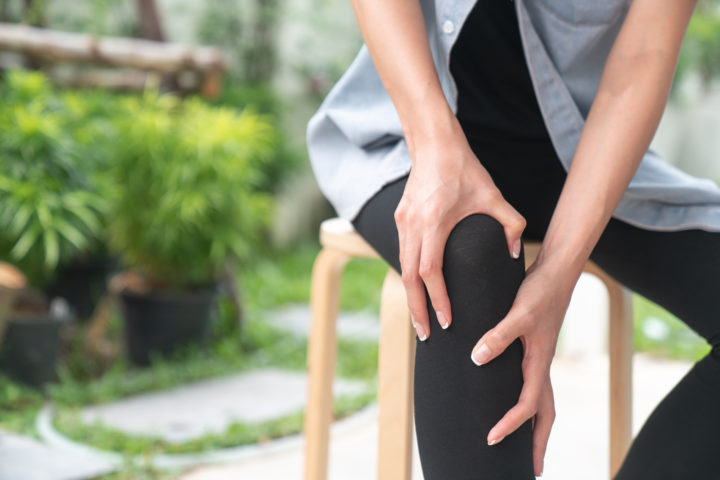Pain with sex is just not talked about enough. Let’s face it: everyone has experienced pain with sex in one form or another.
Here are the most common reasons women have pain with sex:
Vaginal Dryness: If you have not had the right amount of foreplay—to become sexually aroused and “get wet”—the vagina will be dry, making sex painful when the penis enters the vagina. A sexually lubricated and appropriate foreplay is your best bet in preventing vaginal dryness.
Menopause: Vaginal dryness can also occur in menopausal women who are not taking any estrogen, which results in a burning sensation inside the vagina, especially during sex. Sexual lubricants, estrogen cream, and Osphena, a non-estrogen oral therapy, can help with some of these problems related to dryness due to menopause.
Vaginal Infection: If you are noticing signs and symptoms of a vaginal infection—vaginal discharge, odor, or itching—this can lead to pain and swelling with sex. A trip to your health care provider will make the diagnosis.
Pelvic Inflammatory Disease (PID): Sexually transmitted infections such as chlamydia and gonorrhea are the typical culprits of this serious pelvic infection that can lead to infertility. Getting STI checkups is so important when you are changing partners.
Vaginal Tears and Lacerations: Tears and lacerations can occur with sex if you are not lubricated enough, your partner has a large in girth and/or length penis, you’re using sex toys or from trauma during childbirth. Sexual lubricants, open communication with your partner, and patience helps avoid some of these problems.
Latex Allergy: The majority of condoms are made out of latex. Some women have a latex allergy which can cause vaginal swelling, itching, and pain during and up to 36 hours after sex. If you have a latex allergy, you can use the polyurethane condom as an alternative for “safe sex” and avoid this allergic painful reaction.
Ruptured Ovarian Cyst: If you are having sex during ovulation or “mid-cycle,” chances are there is an expected large ovarian cyst waiting to ovulate and release the egg. Aggressive sex can cause this cyst to rupture, releasing its fluid contents along with the egg, causing pain. A pelvic ultrasound and your menstrual history help make the diagnosis.
Endometriosis and Uterine Fibroids: Both of these female problems can cause pain with sex, especially with deep penetration. A pelvic ultrasound and discussing other related symptoms with your health care provider are useful in making the diagnosis.
Positional Sex: Certain sexual positions are known to be anatomical hard on the vagina and female organs, including the uterus and ovaries. The “missionary” position tends to be easier for women and their anatomy whereas “doggie style” or from behind allows for deeper penetration for the male but more discomfort and pain for many women.
Virginal: If you have never had vaginal penetration with a penis, your first experience with sex will probably be painful. It may take time and regular sex before you start to experience pleasure. A good lubricant and sometimes a numbing gel, lidocaine, at the entrance of the vagina help relieve this common problem. Good communication with your partner and patience is the right recipe for success.
Vaginismus: This is an involuntary spasm of the vaginal muscles at the entrance to the vagina. The intense vaginal spasm causes pain and the inability of the penis to enter the vagina. Physical therapy, psychotherapy, and medication help in dealing with this female condition.
Emotional Problems: Feeling depressed, anxious, having relationship problems and fear of intimacy all play a role in getting sexually aroused and contribute to painful sex. Psychotherapy and communicating your feelings to your partner help overcome some of these struggles.
History of Sexual Abuse: Any history of sexual abuse and trauma (emotional or physical) can make you have an aversion or dislike to sex. The devastating experience often leads to post-traumatic stress disorder, which only allows you to feel pain with sex. Therapy and open communication with your current partner is the key to helping resolve this challenging problem.
Most importantly, talk to your health care provider about any problems you are having with intimacy, achieving an orgasm, or having pain with sex.
Have a question for one of our experts? Email support@helloflo.com.
Cover image courtesy of Shutterstock.





comments